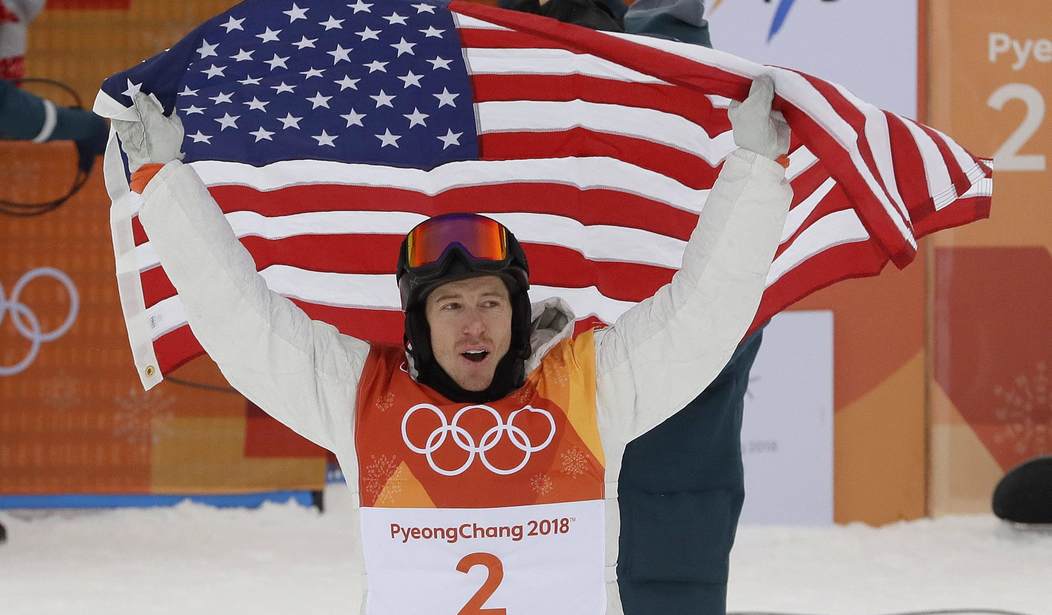With TV ratings for the Olympics headed for an all-time low, NBC is grimly looking at future Olympic games and wondering whether they, indeed, bought a pig in a poke.
The network paid a total of $12.1 billion for all Olympic games — Winter and Summer — through 2030. But since their purchase in 2011, viewership for the games has been tanking. And the spiraling costs of putting on the games, problematic host countries, and the ever-present and growing threat of terrorism raise questions about just how much money the network can continue to make on the games.
So far, the network’s Olympic deal has made some decent profits. But declining viewership and the unplugging of America make the future extremely volatile and uncertain.
While the Winter Games tend to be less popular than those in the summer, the 2016 Rio Olympics didn’t fare much better.
Ratings then were down from 2012, and NBC reportedly had to issue advertisers “make-goods” in the form of free ad time because initial ads didn’t reach the agreed upon number of viewers.
NBC, like all networks, makes money from advertising and “retransmission” fees it charges cable providers and local stations to air its content. Networks typically know what their retransmission fees are going to be, they’re essentially baked into budgets, but advertising dollars aren’t guaranteed and are less secure, especially in today’s changing climate.
NBC, which is owned by Comcast (CCZ), said its national ad sales are actually up from Sochi from $800 million to $920 million.
The last three Games have been profitable for NBC, and the 2016 Rio Games set a record Olympic profit of $250 million. The network expects to again make money off Pyeongchang.
Comcast Chairman and CEO Brian Roberts said in a CNBC interview that he would “absolutely” renew or extend NBC’s Olympics contract.
“Our long-term Olympic rights agreement is the best in all of media. The Olympics have demonstrated the ability to assemble massive and diverse audiences on everything from broadcast television to Snapchat, and are uniquely suited to thrive in today’s expanding media landscape,” NBC Broadcasting and Sports Chairman Mark Lazarus said in a statement. “We are very bullish on our investment.”
But the biggest question NBC faces isn’t Olympics profitability right now — it’s what this year’s poor ratings bode for profitability two years down the line, and four years, and so on.
Companies will no doubt continue to pay top dollar for Olympic ads simply because of the relatively massive audience that gathers to watch them. I say “relatively” because the audience even for a mega-event like the Olympics is nothing compared to prime time TV from the good old days of three networks. For example, 35 million Americans watched the USA upset the Russians in ice hockey in 1980. On Friday, NBC’s combined prime-time coverage was only 20 million.
NBC made that deal before people began to unplug from cable and satellite TV in huge numbers. What do you think their audience will be by the end of their rights agreement?










Join the conversation as a VIP Member